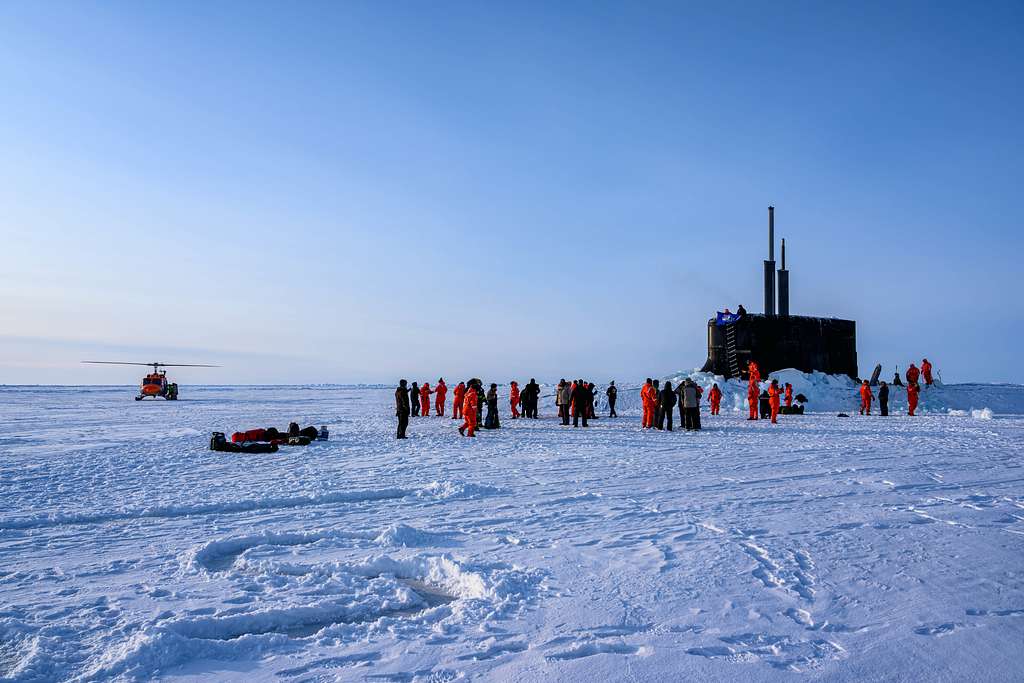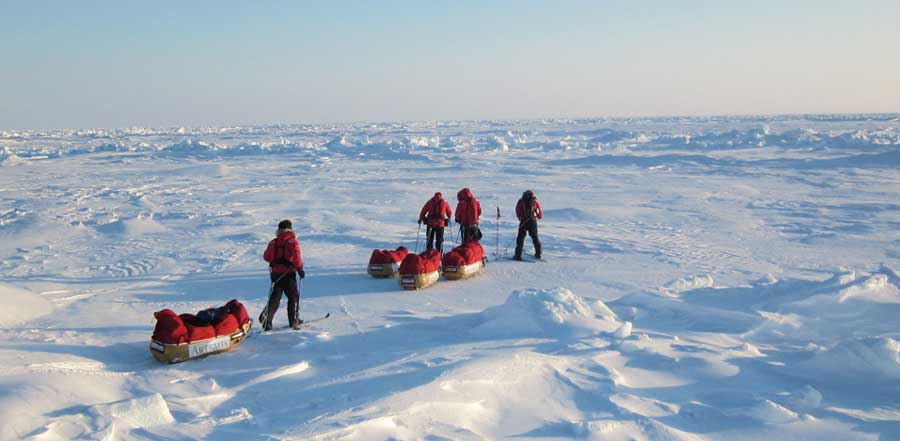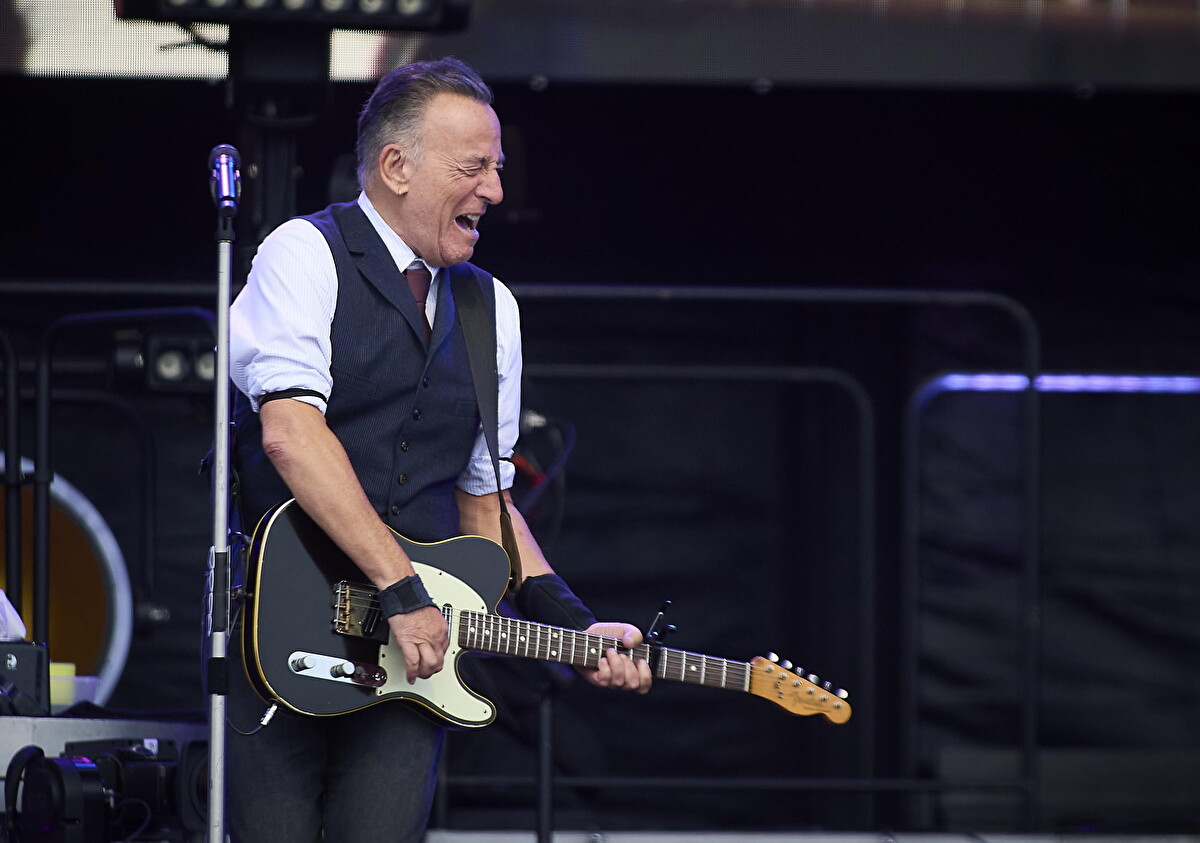There is a global race going on that gets little attention. The winner of the contest will probably be the nation that has the best understanding of politics and the interface with the environment and climate change.
China, Russia and Canada are all making a grab for the Arctic Circle.
Indeed, the American Secretary of State, Antony J. Blinken paid a five-day visit to Northern Europe last week to rally allies against Russian and Chinese ambitions in the Arctic.
Canada is the most directly involved, if for no other reason than its geography; the Arctic is its own backyard.
Canada’s mission is to secure the Arctic, and the means to do so is to rely heavily on the Inuit, the only people who have lived in this unforgiving part of the world for thousands of years, and have not only survived, but thrived in its conditions. Now they have much knowledge they can pass on and Canada is looking to them for guidance.

Before getting it, the country will have to come to terms with the long-standing ways of thinking about indigenous people and their rights, changing hard-wired ways of thinking and undoing generations of mistrust. The Canadian government has a long and ugly history of abusing the Inuit, including misleading families into moving to the High Arctic to cement its hold on the territory during the Cold War and refusing to let them leave.
But in recent years, Canada has embarked on a wide-ranging attempt to come to terms with, and atone for its colonial history. Efforts to secure Indigenous Canadians’ rightful place in the country have filtered through different levels of governments, schools, the arts and business. Canada is also focusing on the thorniest element of post-colonial relationships — people’s way of thinking — by emphasizing learning from the Indigenous. On Arctic patrols, the Inuit teach the Canadian soldiers how to survive.
“Leaders need to show humility and understand it’s more important to acknowledge what you don’t know than what you do know,” said Maj. Brynn Bennett, the army commander who led the patrol in March with the Inuit rangers, part of a military exercise called Operation Nanook-Nunalivut.
Military exercises between the Inuit rangers and the army have been held for decades, but the stakes have gotten higher as the world’s superpowers vie for pre-eminence in an Arctic made more accessible by climate change.
Russia is rapidly building up its military and partnering on commercial ventures with China, as thawing ice provides access to vast natural resources below the Arctic sea floor and unlocks new shipping lanes. Even Canada’s closest ally, the United States, disputes Canadian claims of sovereignty over the Northwest Passage.
Now some Inuit rangers say they have noticed a change in mind-set among the soldiers coming from “down south.”
“They’re more respectful now,” said Mr. Ussak, 47, who has been a ranger for two decades. “Our culture is a big part of being a ranger because we teach our knowledge in exercises like this. We teach them what we learned from our ancestors.”

While the exercise took place on uncontested Canadian territory, it is also part of a broader effort to build up Canada’s military capacity in the Arctic and to fend off any potential rival claims on the increasingly navigable waterways. A political gain will depend on understanding the environmental conditions as they change.
With Canada’s military refashioning its relations with the Inuit by tapping into local knowledge, Canadian soldiers are heading north better prepared for the patrols, according to Inuit rangers. Before their patrol, the soldiers trained at Petawawa, a base in Ontario. They practiced driving snowmobiles and built traditional Inuit sleds called qamutik. Despite an unusually brutal cold snap at the Ontario base, landing in Rankin Inlet was a shock to some.
“There’s winter all over Canada, and you think you know it until you come to a place where you don’t see any trees, just tundra,” said Corp. Simon Cartier, 30, from Montreal. “And if it wasn’t for the buildings, you’d probably feel like you’re on another planet.” As it turns out, advice from the Inuits is teaching them how to handle these extreme conditions.
The Inuit rangers in the patrol said they believed that the joint mission would help Canada’s defense of its great north, and though the hope is that there will be no larger conflict, that may be somewhat optimistic. Canada is preparing.












